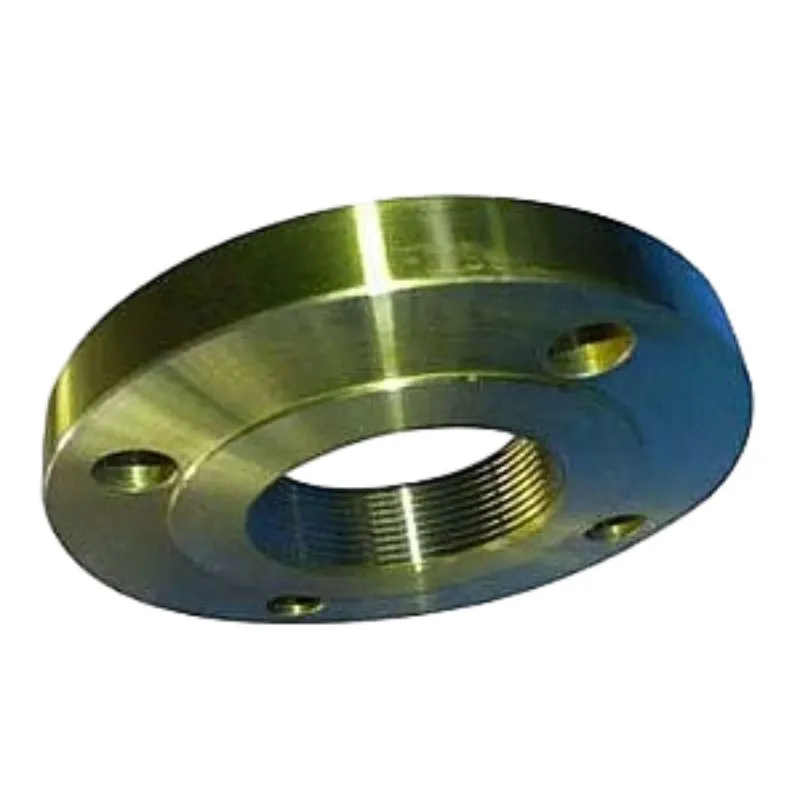-
Cangzhou Yulong Steel Co., Ltd.
-
Phone:
+86 13303177267 -
Email:
admin@ylsteelfittings.com
- English
- Arabic
- Italian
- Spanish
- Portuguese
- German
- kazakh
- Persian
- Greek
- French
- Russian
- Polish
- Thai
- Indonesian
- Vietnamese
- Zulu
- Korean
- Uzbek
- Hindi
- Serbian
- Malay
- Ukrainian
- Gujarati
- Haitian Creole
- hausa
- hawaiian
- Hebrew
- Miao
- Hungarian
- Icelandic
- igbo
- irish
- Japanese
- Javanese
- Kannada
- Khmer
- Rwandese
- Afrikaans
- Albanian
- Amharic
- Armenian
- Azerbaijani
- Basque
- Belarusian
- Bengali
- Bosnian
- Bulgarian
- Catalan
- Cebuano
- China
- China (Taiwan)
- Corsican
- Croatian
- Czech
- Danish
- Esperanto
- Estonian
- Finnish
- Frisian
- Galician
- Georgian
- Kurdish
- Kyrgyz
- Lao
- Latin
- Latvian
- Lithuanian
- Luxembourgish
- Macedonian
- Malgashi
- Malayalam
- Maltese
- Maori
- Marathi
- Mongolian
- Myanmar
- Nepali
- Norwegian
- Norwegian
- Occitan
- Pashto
- Dutch
- Punjabi
- Romanian
- Samoan
- Scottish Gaelic
- Sesotho
- Shona
- Sindhi
- Sinhala
- Slovak
- Slovenian
- Somali
- Sundanese
- Swahili
- Swedish
- Tagalog
- Tajik
- Tamil
- Tatar
- Telugu
- Turkish
- Turkmen
- Urdu
- Uighur
- Welsh
- Bantu
- Yiddish
- Yoruba

Aug . 31, 2024 13:48 Back to list
ss welded pipe
Understanding SS Welded Pipes Benefits and Applications
Stainless steel (SS) welded pipes have become a pivotal component in various industries due to their excellent corrosion resistance, durability, and aesthetic appeal. These pipes are made from stainless steel, a material known for its strength and ability to withstand harsh environments. The welding process, which involves joining two or more pieces of metal together, enhances the structural integrity of the pipes. In this article, we will delve into the manufacturing process, benefits, and applications of SS welded pipes.
Manufacturing Process
The production of SS welded pipes typically begins with the selection of high-quality stainless steel, which can be categorized into several grades depending on the specific requirements of the application. The most common types used for welded pipes include 304, 316, and 316L stainless steels, each providing different properties suited to varying environmental conditions.
The manufacturing process involves several key steps
1. Raw Material Preparation Stainless steel coils or sheets are procured and cut to appropriate sizes.
2. Forming The sheets are then formed into a tubular shape using bending techniques and welding machines.
3. Welding The edges of the formed tube are welded together using various methods, including TIG (Tungsten Inert Gas) and MIG (Metal Inert Gas) welding. This step is critical, as it ensures the integrity and strength of the pipes.
4. Finishing After welding, the pipes undergo finishing processes such as annealing (to relieve stress), pickling (to remove oxides), and polishing (for aesthetic purposes).
5. Quality Control Each batch of SS welded pipes is rigorously tested for strength, durability, and resistance to corrosion, ensuring they meet industry standards.
Benefits of SS Welded Pipes
ss welded pipe

SS welded pipes offer numerous advantages, making them a preferred choice for many applications
1. Corrosion Resistance Unlike traditional steel pipes, stainless steel pipes are resistant to rust and corrosion, making them ideal for use in chemical, marine, and food processing industries.
2. Strength and Durability The welding process provides added strength to the pipes, allowing them to withstand high pressures and temperatures.
3. Cost-Effectiveness While the initial investment might be higher than that of carbon steel pipes, the long-term durability and lower maintenance costs of stainless steel make it a more economical choice over time.
4. Aesthetic Appeal SS welded pipes have a shiny, attractive finish that makes them suitable for architectural applications where appearance matters.
5. Versatility These pipes are available in various sizes and shapes, making them adaptable for different industries, including oil and gas, pharmaceuticals, construction, and automotive.
Applications
Due to their numerous benefits, SS welded pipes are widely used in various sectors
- Oil and Gas Used for transporting hydrocarbons and other substances, ensuring safety and longevity. - Food and Beverage Essential in the production and transport of consumables, where hygiene is a priority. - Water Treatment Employed in systems that require resistance to aggressive chemicals. - Construction Commonly utilized for structural applications, providing both strength and aesthetics.
In conclusion, SS welded pipes are an indispensable component across many industries. Their unique combination of strength, corrosion resistance, and aesthetic appeal continues to drive their demand in both traditional and emerging applications. As industries evolve, the role of stainless steel welded pipes will undoubtedly expand, supporting advancements in technology and infrastructure.
Latest news
-
ANSI 150P SS304 SO FLANGE
NewsFeb.14,2025
-
ASTM A333GR6 STEEL PIPE
NewsJan.20,2025
-
ANSI B16.5 WELDING NECK FLANGE
NewsJan.15,2026
-
ANSI B16.5 SLIP-ON FLANGE
NewsApr.19,2024
-
SABS 1123 FLANGE
NewsJan.15,2025
-
DIN86044 PLATE FLANGE
NewsApr.19,2024
-
DIN2527 BLIND FLANGE
NewsApr.12,2024
-
JIS B2311 Butt-Welding Fittings LR/SR 45°/90° /180°Seamless/Weld
NewsApr.23,2024











